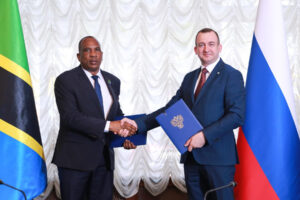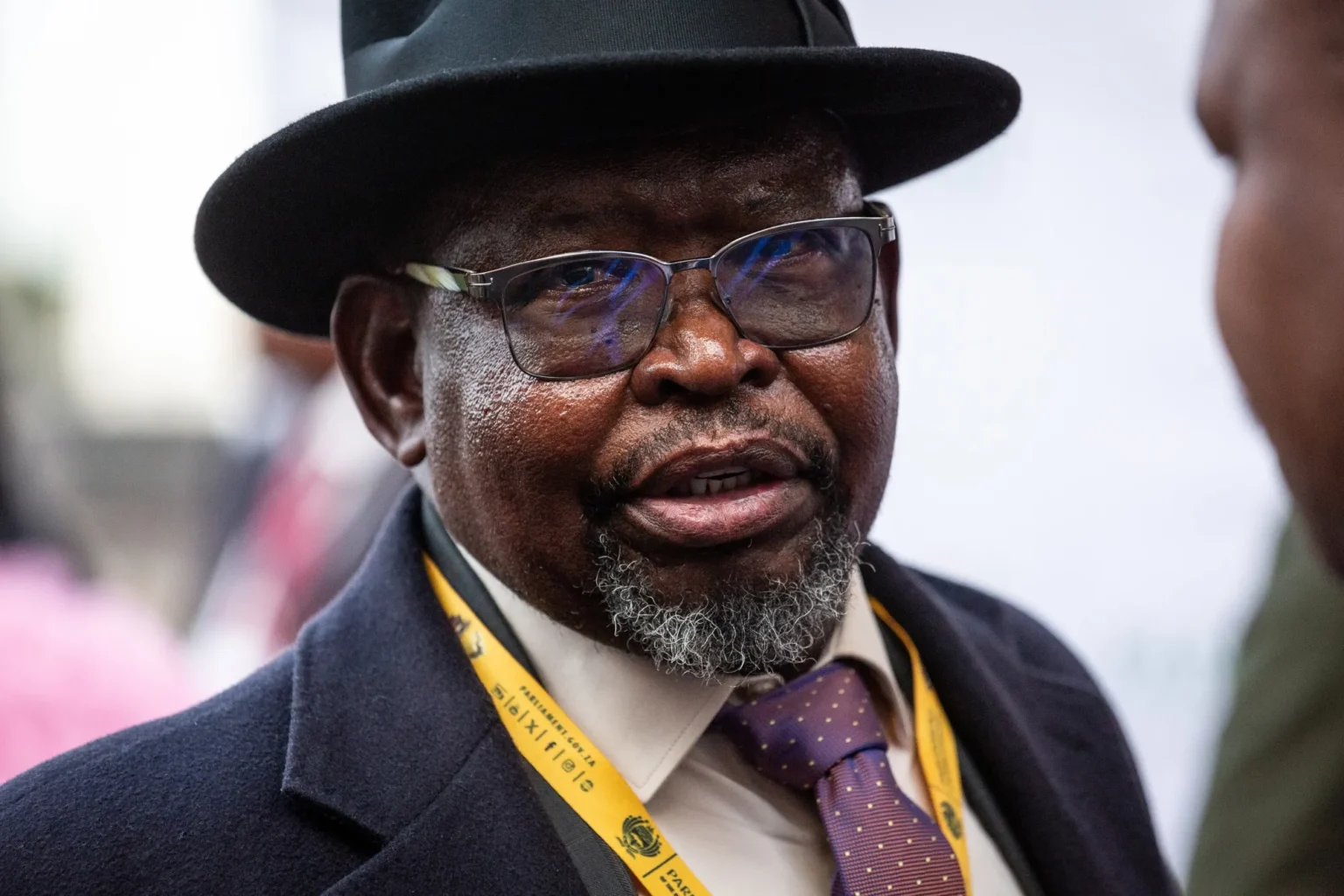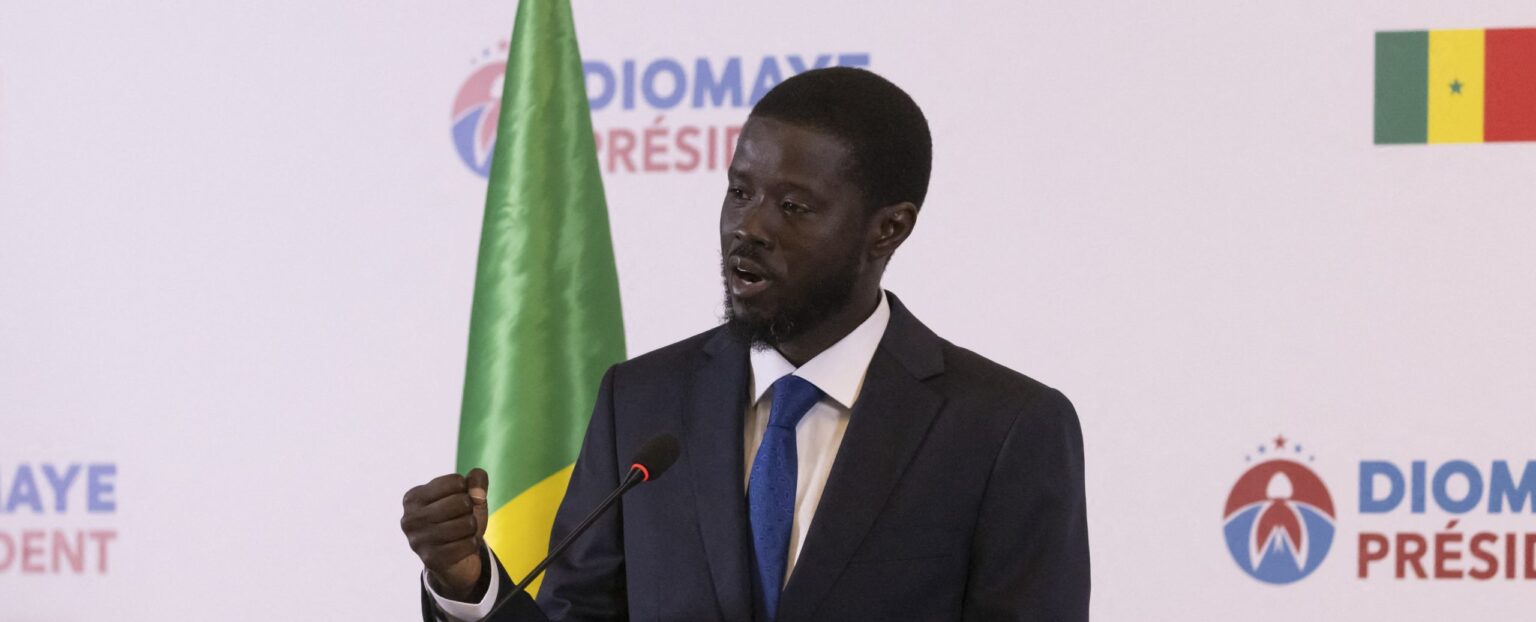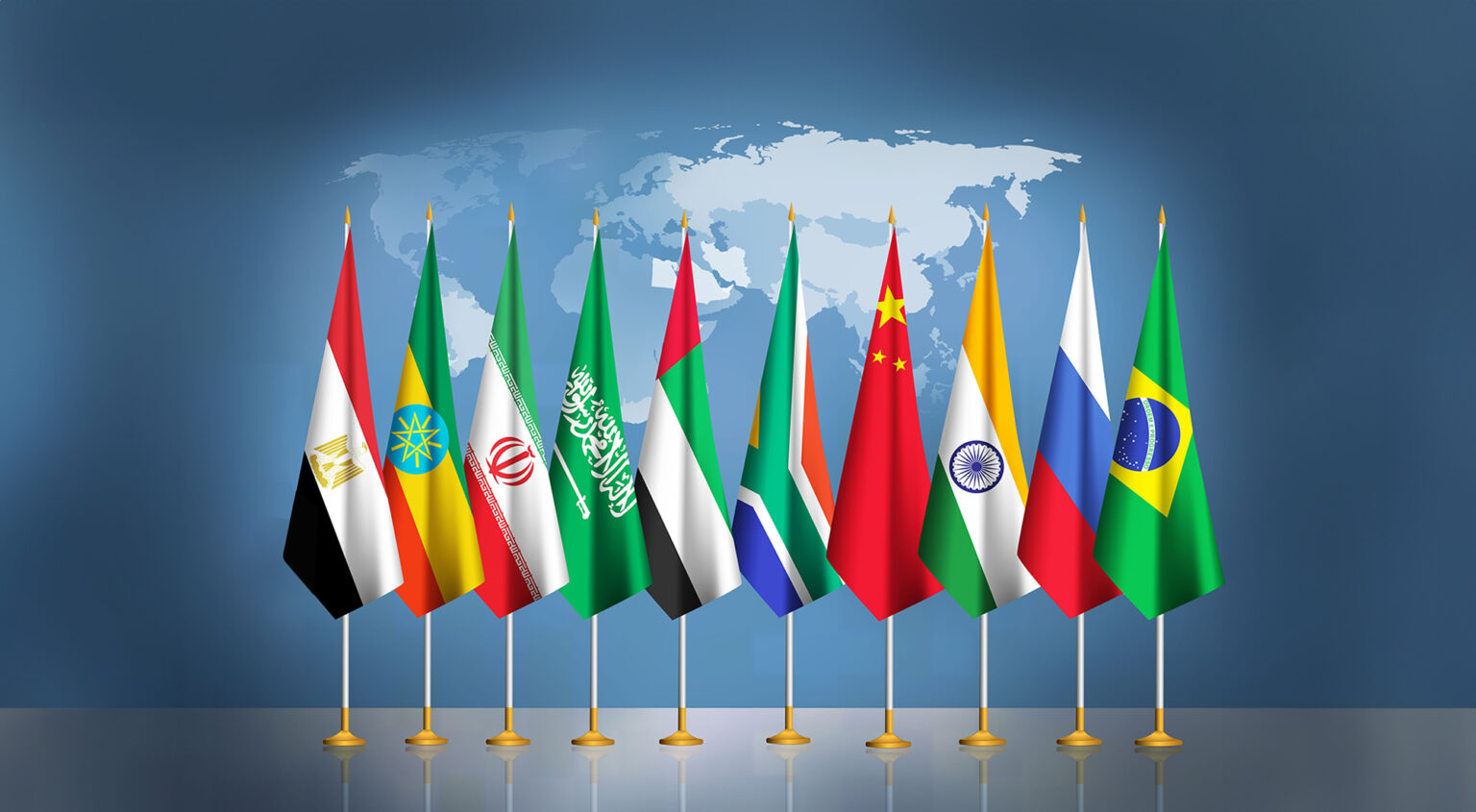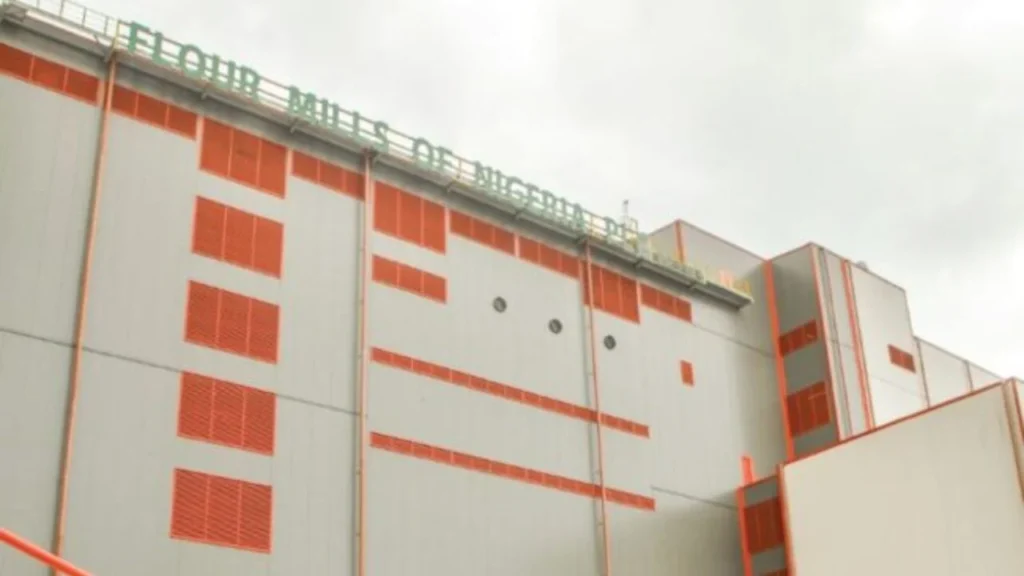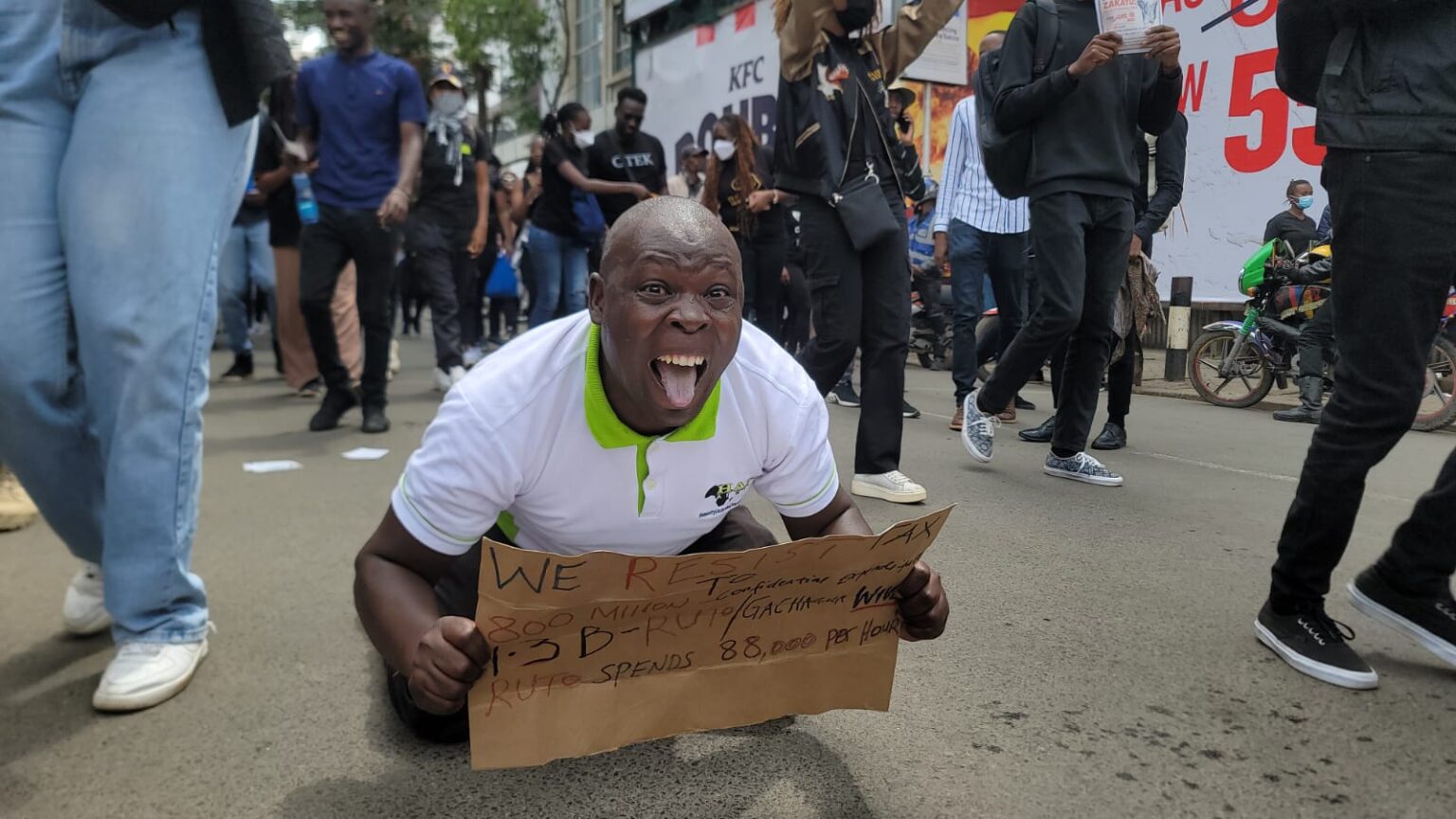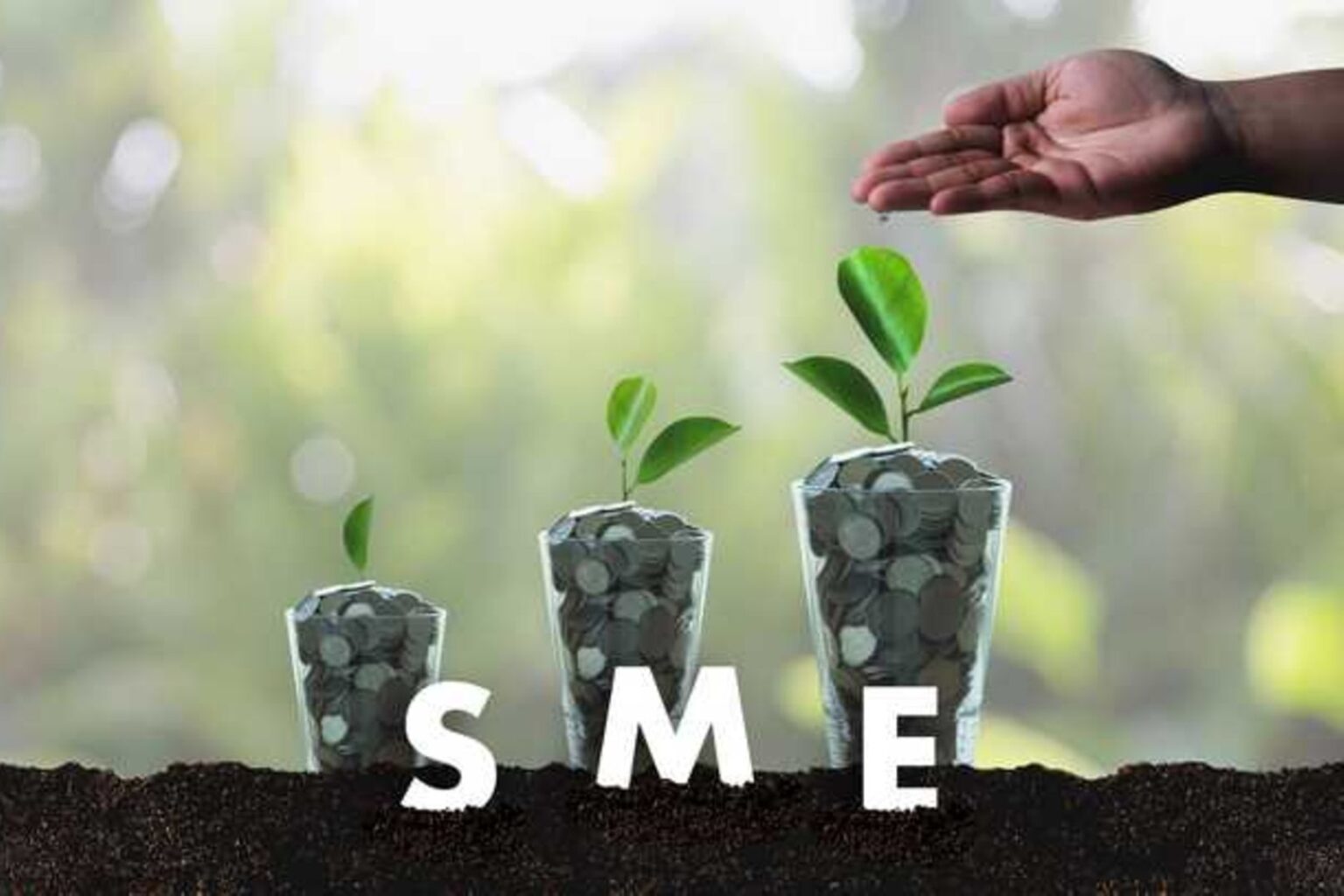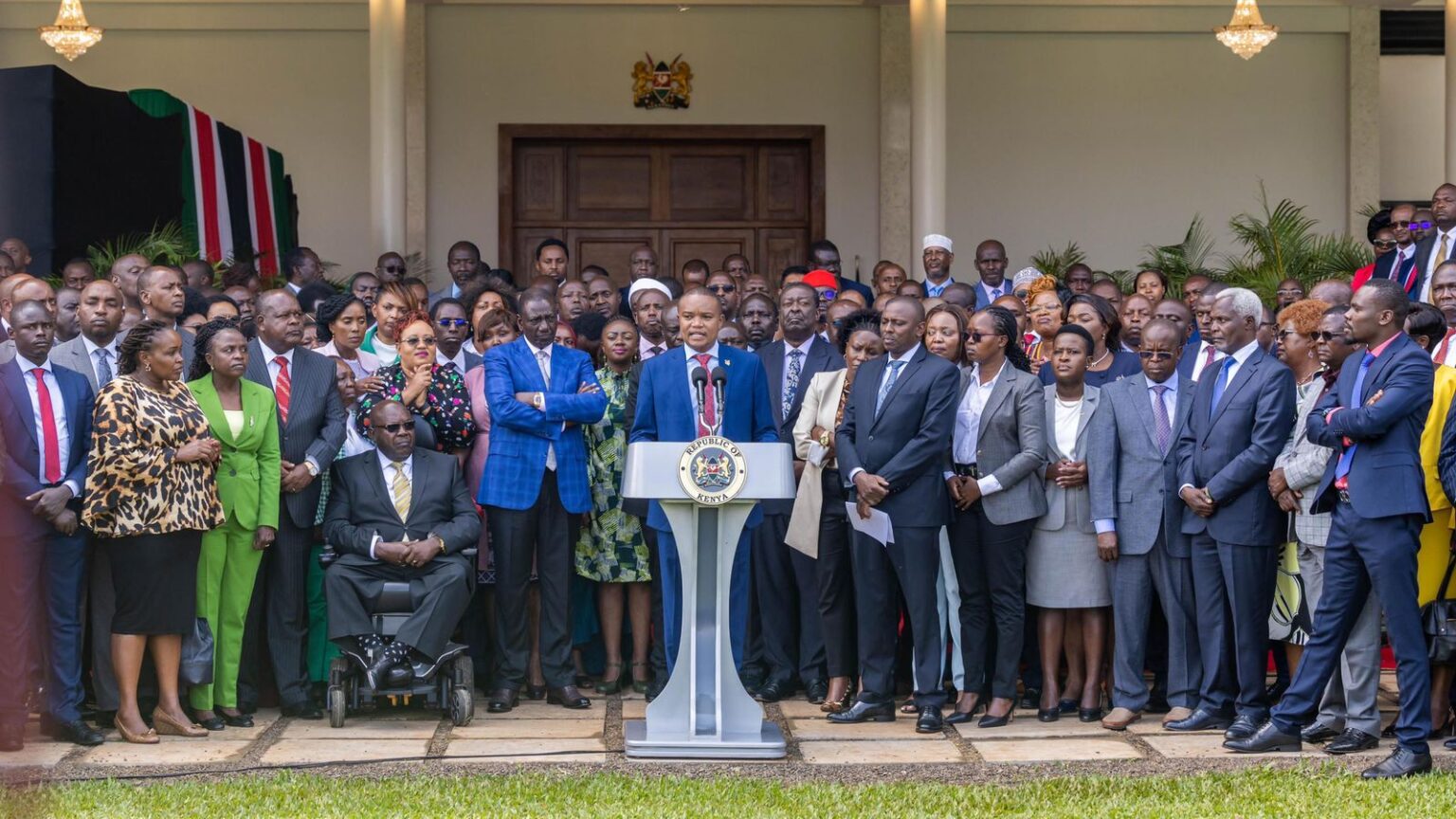- Russia and Tanzania unite to double trade, boost Africa market access
- History as Janngo Capital seals Africa’s largest gender-equal $78M tech VC fund
- South Africa Budget Disappoints Investors as Deficit Widens
- Kenya drops to 6th place in Africa trade barometer
- Tanzania’s bold move to boost cashew nut exports by 2027
- Chinese cities dominate global list of places occupied by billionaires
- Sudan tops up as Africa aims for $25 billion development fund
- Opportunities for youth: Tech firms Gebeya and NVIDIA to train 50,000 developers in Africa
Author: James Ndwaru
I am a writer based in Kenya with over 10 years of experience in business, economics, technology, law, and environmental studies.
- South Africa’s budget update has revealed that public finances face a mounting strain.
- The tax revenue for the current fiscal year is projected to be $1.27 billion.
- President Cyril Ramaphosa has vowed to transform the country into a giant construction site.
South Africa’s Budget Reveals Strain to Public Finances
South Africa’s latest budget update has revealed that public finances are facing mounting strain, emphasizing the urgency for the newly formed coalition government to attract additional investment into the region’s largest economy.
The medium-term budget policy statement presented by Finance Minister Enoch Godongwana on Wednesday indicates that the fiscal deficit is anticipated to expand to 5 per cent of the gross domestic product in the fiscal year ending in March. This figure is an increase from the 4.5 per cent predicted in February and exceeds the predictions of most economists.
The rand weakened with rising bond yields. The nation’s currency fell …
- Authorities need to rework Senegal’s program with the IMF after an audit revealed a higher budget and debt deficit than previously reported.
- During former President Macky Sall’s rule, a review of Senegal’s finances showed that the country’s public and budget deficit was more than 10 percent of the gross domestic product, almost double the 5.5 percent reported under Sall.
- Shortly after taking office, President Faye initiated a review of Senegal’s natural resources sector.
Reworking Senegal’s program with the IMF
Senegal needs to rework its program with the International Monetary Fund after an audit revealed a higher budget and debt deficit than previously reported.
Senegalese authorities hope to meet all the prerequisite conditions to reach a new agreement with the IMF by Q1 2025. This is according to Senegal’s Finance Minister Cheikh Diba, who attended the IMF’s annual meeting in Washington.
“The current program must be updated,” Diba said. “We’re in …
- Global economic growth will emanate from powerhouse BRICS economies over the next five years as per the IMF predictions.
- The ten BRICS nations comprise more than a quarter of the world economy and almost half the global population.
- China will contribute most significantly to global growth over the next half-decade, with its 22 per cent share outpacing all G7 countries combined.
The countries comprising BRICS— Brazil, Russia, India, China, and South Africa, with five new members—are an informal grouping of emerging economies hoping to increase their sway in the world order.
The BRICS group has become a major political force in the last two decades, building on its desire to counter Western influence in global institutions.
BRICS’ 2024 expansion has come with a range of geopolitical implications. It forms a rising economic and demographic heft: the ten BRICS nations comprise more than a quarter of the world economy and almost …
- Experts have warned of a refugee crisis in Chad as escalating violence and a food crisis in Sudan compel large numbers to flee across the border.
- Since April 2023, conflict has persisted between the Sudanese army, led by the nation’s de facto leader Abdel Fattah al-Burhan, and the paramilitary Rapid Support Forces (RSF).
- Despite the challenges faced by refugees in Chad, the escalating violence in Sudan is compelling an increasing number of individuals to seek refuge there.
Refugee crisis in Chad
Refugees and aid organizations have warned of worsening conditions in the overcrowded and underfunded camps of Chad as escalating violence and a food crisis in Sudan compel large numbers to flee across the border.
In the first week of October alone, approximately 25,000 individuals, primarily women and children, sought refuge in eastern Chad, marking an unprecedented influx for a week in 2024. Chad, ranked among the poorest nations …
- The Senegal 2050 plan seeks to address the economy’s weaknesses and position the West African nation as a diversified and dynamic economy in the coming decades.
- At the heart of the Senegal 2050 plan is a commitment to green energy and infrastructure advancement.
- The strategy encompasses substantial enhancements in healthcare, guaranteeing that a healthier populace boosts productivity and innovation.
Over the last decade, Senegal’s economy has remained strong, supported by major sectors, including agriculture, mining, and services. The country’s GDP growth has remained consistently strong compared to regional averages.
Infrastructure projects, enhanced business regulations, and robust regional trade connections are among the pillars contributing to Senegal’s stable GDP. As a member of the West African Economic and Monetary Union (WAEMU), Senegal also benefits from a stable currency hedged to the euro, which helps control inflation and provides a reliable investment environment.
Like many African countries, Senegal grapples with …
- A broken pipeline in South Sudan has thrown its capital, Juba into a state of turmoil.
- The pipeline in question is essential for the transportation of both crude oil and refined petroleum products.
- The economic implications of the pipeline failure are profound.
South Sudan, afflicted by civil war, famine, and natural disasters, secured its independence from its northern neighbor, Sudan, over a decade ago. However, pervasive corruption and a violent kleptocratic system have fueled ongoing conflicts, and mass atrocities have impeded its progress on the global stage.
In recent weeks, Juba, the capital of South Sudan, has been thrust into a state of turmoil following the failure of a critical pipeline that serves as a lifeline for the city.
The broken infrastructure, which until recently carried more than 150,000 barrels of crude oil to the Red Sea coastline in Sudan, ceased operations in February following a blockage resulting from …
- Flour Mills of Nigeria Plc plans to invest up to $1 billion over the next four years in an expansion and restructuring drive.
- The investment is a welcome boost to President Bola Tinubu’s reform efforts.
- Flour Mills will invest at least $500 million in its sugar operations in Niger state to scale production to more than 400,000 tons a year from the current 1000 tons.
Flour Mills of Nigeria expansion
Flour Mills of Nigeria Plc, the country’s biggest milling company, plans to invest up to $1 billion over the next four years in an expansion and restructuring drive after its majority shareholder offered to privatize it.
This significant funding will focus on boosting production capacity and exploring new markets across Africa while leveraging the African Continental Free Trade Area (AfCFTA). According to the company’s Chairman, John Coumantaros, this new funding is about doubling investment in Nigeria.
The investment is a …
- The protests, dubbed “occupy parliament,” were coordinated and mobilised on social media in contrast to those led and sponsored by politicians.
- Many were demonstrating for the first time and waved signs such as “Do Not Force the Taxes on Us,” while others chanted: “Ruto must go.”
- Unlike previous political anti-government protests, these demonstrations are not characterised by looting, destruction of property, or stone-throwing.
Social media as a weapon
A bold new generation of young Kenyan protesters has emerged on the streets, forcing the government to back down on several unpopular tax proposals.
What started as anger on TikTok about a controversial finance bill has morphed into a revolt without being organised by political parties.
The government of President William Ruto has managed to do what generations of politicians in the East African nation still need to do unite huge numbers of Kenyans beyond ethnicity and party.
On 18th June 2024, …
- SME loan products offer a considerably low interest rate, which helps fund businesses.
- Pezesha is a financing platform for small and medium-scale enterprises (SMEs) that enables them to access affordable credit and other financial services through embedded finance infrastructure.
- Safaricom has partnered with Pezesha, a digital lender, to credit small business owners, adding to the telco’s existing loan products.
Pezesha loan products
Pezesha is a financing platform for small and medium-scale enterprises (SMEs) that enables them to access affordable credit and other financial services through embedded finance infrastructure.
Pezesha has created an integrated digital financial infrastructure whose mission is to lead platforms and marketplaces where small and medium-sized businesses work through a collaborative approach. Financial institutions or networks connect on this platform and are matched with quality SMEs, driving meaningful financial inclusion and reducing any inequalities in access to formal financial services.
In 2023, Pezesha partnered with FSD Kenya to …
- The finance bill aroused many wounds in many Kenyans, leading to protests in the capital city, Nairobi, over the burden of proposed taxes in the finance bill 2024
- Azimio insists that the tax measures will substantially impact both individuals and businesses in the country.
- The National Assembly Committee on Finance, chaired by Molo Mp Kimani Kuria, is expected to table a report on the Bill after carrying out a public participation exercise.
The protests over the Finance Bill
The finance bill aroused many wounds in many Kenyans, leading to protests in the capital city, Nairobi, over the burden of proposed taxes in the finance bill 2024. The protest, dubbed ” Occupy Parliament” demonstrations, aimed to pressure the lawmakers not to pass the bill.
The Finance Bill 2024 has been opposed over some contentious proposals, including a 16 per cent VAT tax on bread, a 2.5 per cent motor vehicle circulation …
